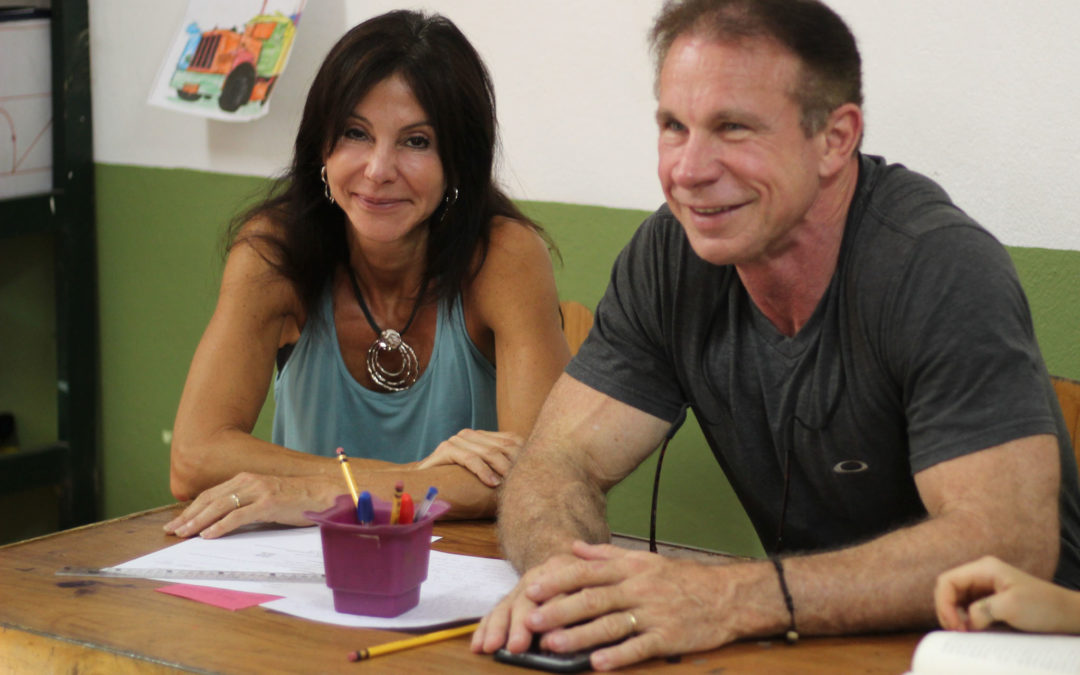
by Lural Ramirez | Feb 5, 2020
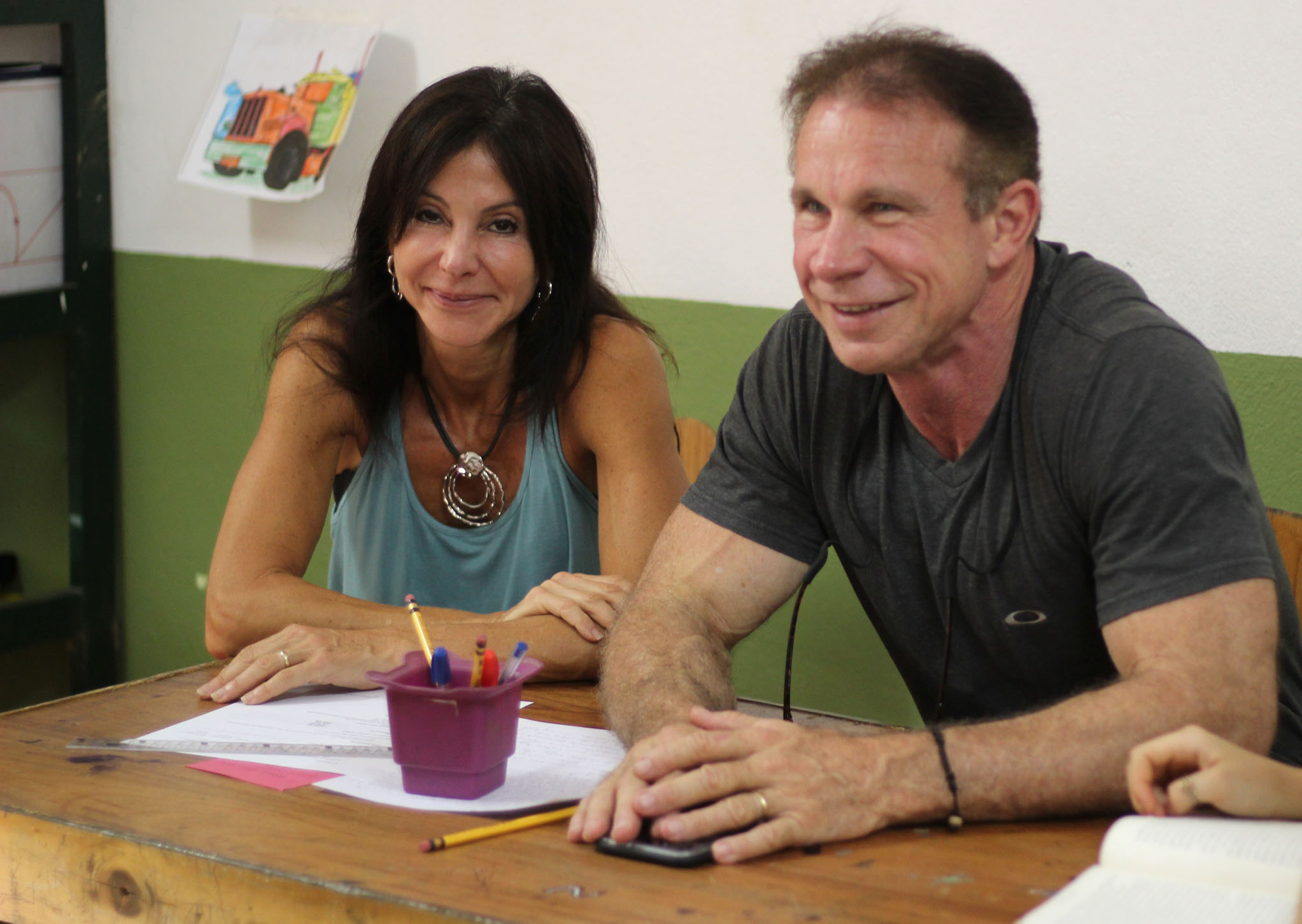
Each year Futuro Verde holds Back to School Night, an event that is full of activities and opportunities related to your child’s education!
During Back to School Night, to be held on Wednesday, March 4th, families and teachers have time to meet, students share their classrooms and learning spaces, and they walk their parents through some of their daily experiences at Futuro Verde. Specifically, families can get to know the school curriculum, assessment, classroom procedures, grade level expectations, and learn about field trips and events available at each grade level or within each subject area. There will also be time for families to tour the school, to meet and speak with specialists and to get to know teachers who work with their son/daughter in each of the distinct subject areas.
This year, as is our Futuro Verde tradition, parents can literally come “Back to School” with us by attending any of the four parent workshops that will be offered this year prior to our main event!
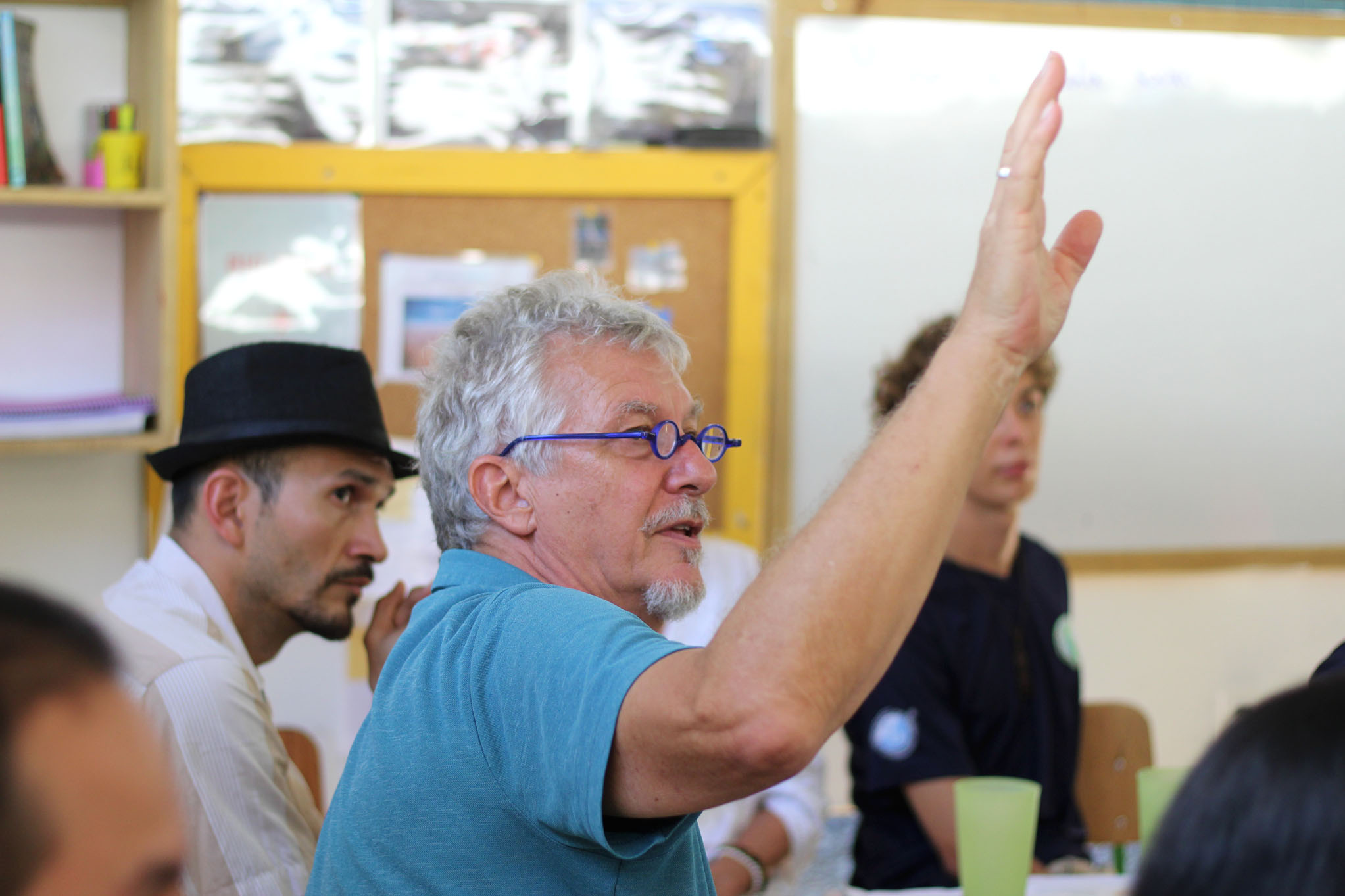
Parent workshops
IB at FV
- 1:00 pm – 2:00 pm- Art and Biology classes will be open to parent observers in IB classroom
- 2:00 pm – 3:00 pm- IB Dreaming of University – High School Alternative Pathways at FV in Bio Lab
College Counseling for Middle and High School Students (especially geared toward parents of 7th-10th graders) (location TBD
- 2:00 pm – 3:00 pm- Come take the College Counseling class along with the 10th, 11th and 12th graders. This class is open to any parent interested in learning more about this new course at FV!
Effective Parenting Strategies with our School Psychologist, Massiel Arroyo (in primary library)
- 1:00 pm – 2:00 pm- For parents of children ages birth to 9
- 2:00 pm – 3:00 pm- For parents of preadolescents and adolescents ages 10-18
Technology Help! Classroom, Google for Education, Turnitin, EBSCO ( in the computer lab)
- 1:00 – 3:00- Our librarian and IT assistant is here to help you with any of your questions and technical needs with any of the technology your children use at FV!
-
-
- 1:00 – 2:00 Presentation on Turnitin and EBSCO (programs to prevent plagiarism and to support effective research)
- 2:00 – 3:00 Open access time for any and all tech needs. Any and all questions and needs are welcome!
General Whole School Meeting with the School Director, Lural Ramirez – 2020 at Futuro Verde!
Back to School Night Classroom Visits – Visit your child’s teachers and classes!
Mark your calendars now for the afternoon of March 4th and don’t miss this fun-filled afternoon at Futuro Verde!
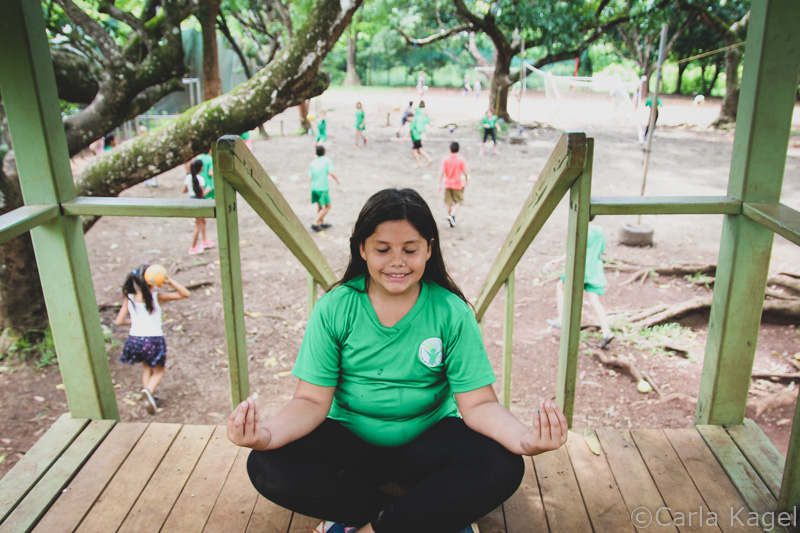
by Lural Ramirez | Jun 28, 2019

Over the course of this year I will be sharing with you reflections on our school’s core values. My article in May explored the second of five core school values, “Futuro Verde: Feeling safe and comfortable to be ourselves helps our learning to thrive”. Today, I will be sharing reflections on our third core school value.
Futuro Verde: Our cultural oxygen expands your curiosity
But, wait…what is cultural oxygen? As our former school counselor, David Brookshire, who coined the term, said: “Our school culture is so palpable, you breath it!” He isn’t the only person to proclaim that there is a feel to Futuro Verde. Futuro Verde is truly a unique community! There are aspects of the school you can point to that are great examples of our culture and then, much like the oxygen we breathe, we have aspects to our school culture that are much less palpable. But, when you enter the school gate you are bound to exit that same gate some day with an expanded personal curiosity!
Speaking with our 12th graders, all International Baccalaureate (IB) students, they identified the following palpable and non-palpable school culture components:
- Do the right thing! Not because you are afraid of getting into trouble but because you want be a person who does the right thing.
- Be open-minded and seek to understand your peers that are so different than yourself.
- Make connections all of the time: to your own life, to the place you live, to other places you have lived or traveled, to what you have read or to what you are learning in other classes at Futuro Verde!
- Find a passion and go for it- without fear! You will be supported and loved as you take risks. You are not likely to be criticized when you try new things (and aren’t perfect yet) here at Futuro Verde!
- Make sure you are always thinking because you will always be asked what you think- about an environmental issue, about a subject you are studying, about something happening in the world, or even about what you want to learn and how you want to learn it!
- Come in peace! We don’t welcome conflict, anger or hate. But come with your own criteria, your arguments and be ready to share them so that others can hear them.
- We welcome you! You, person X with X characteristics and X beliefs! You belong here too!
This unique culture is a breeding ground for an expanding curiosity! Once you let your guard down, and find the differences you notice interesting and intriguing, you become innately curious. Quickly, as a student at Futuro Verde, you find it interesting to be open to learning about the world around you and the people within it. What is better than that? With curiosity at our center, we are guaranteed to be life-long learners! And with Futuro Verde deep in your heart and soul and lungs, you are guaranteed to be a good, open-minded, connected, passionate, peaceful thinker and human being. You keep your uniqueness and you enrich it with us!
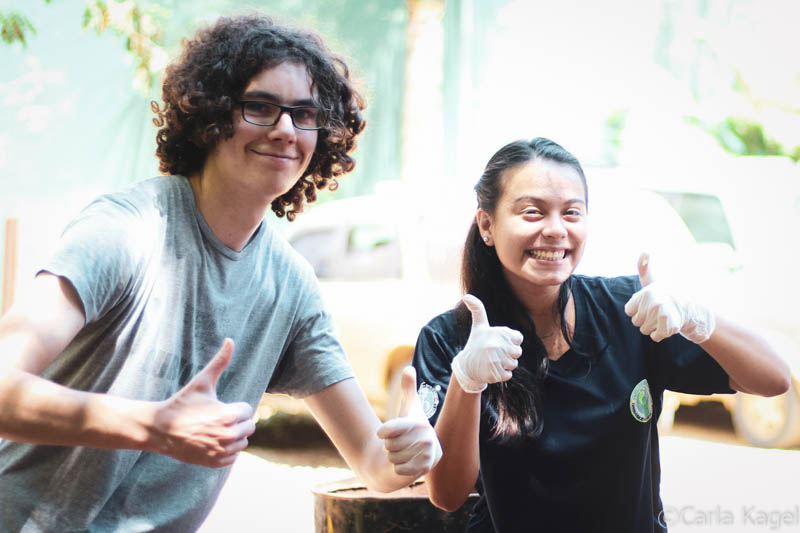
by Katie Chiaverini | Jun 16, 2019

Why send your child to camp? The benefits for your child will last much beyond the camp itself. The Model United Nations Institute highlights the many camp benefits which increase social skills and improve overall mental and physical health. A few of the most prominent include: learning from positive role models, the development of self-reliance and independence, and making new friends with people from different backgrounds. The Century Foundation also reports that “students’ exposure to other students who are different from themselves and the novel ideas and challenges that such exposure brings leads to improved cognitive skills, including critical thinking and problem solving.”
Another important aspect of academic summer camps is the preparation they provide for college and career life. MUN Institute reiterates that college admissions are growing more and more competitive and this then continues into the job search. Camps help students gain new skills that universities and employers are looking for, including communication abilities, critical thinking skills and motivation to focus on specific subject areas (Walsh, 2018). In our Futuro Verde College Counseling course, we specifically work on identifying hard (quantifiable) and soft (personal) skills, developing and strengthening them throughout the high school years.
Many of our very own Futuro Verde students have had the opportunity to attend camps or will be doing so in the future. Two of our students have recently returned from a music camp in Southern United States. When asked about the highlights of their experience…the first thing both students mentioned was the opportunity to meet new people from different cultures. They also both recognized the challenge of staying with a home-stay family but how it was a positive experience that made them grow as individuals. For one student, she found it a bit of a struggle to speak English the entire time, but was appreciative of having to go out of her comfort zone to communicate with her host family and other camp members. She also loved the Master’s class as she improved her technical skills in music. Traveling all on their own and the preparation for travel was a new experience and help them plan ahead and be responsible for many small details, whether it is from deciding which clothes to bring to finding city attractions to visit.
Two students who regularly attend a wilderness camp in the Northwest of the United States commented that their favorite memories include kitchen food raids with their counselor late at night, learning how to play ga-ga ball, and meeting new people who they hang out with for an entire week thus getting to know them better. They remember the skills and new games they learn and even find themselves singing camp songs upon their return home.
Several other students have had the opportunity to attend a local camp in San Jose which was service oriented. One student excitedly remarked about her favorite memory which was volunteering at a local non-profit organization because it was a fun experience and she enjoyed getting to help others. Another student who went to the same camp appreciated learning leadership skills, working as a team, and the fun activities they got to do with diverse groups of people.
All of the students who participated in camps reflected on the fact that going off to camp on their own brings about a lot of nervousness and excitement but that it is an exhilarating feeling traveling on their own and increases their independence. A father of children who attend camp regularly agrees with the independence piece – he believes it is an important life skill, working through homesickness at a young age, dealing with the ups and downs of camp life and being resilient enough to enjoy the overall experience. In short, camp can be an enlightening experience for both students and parents, teaching life skills that can endure a lifetime.
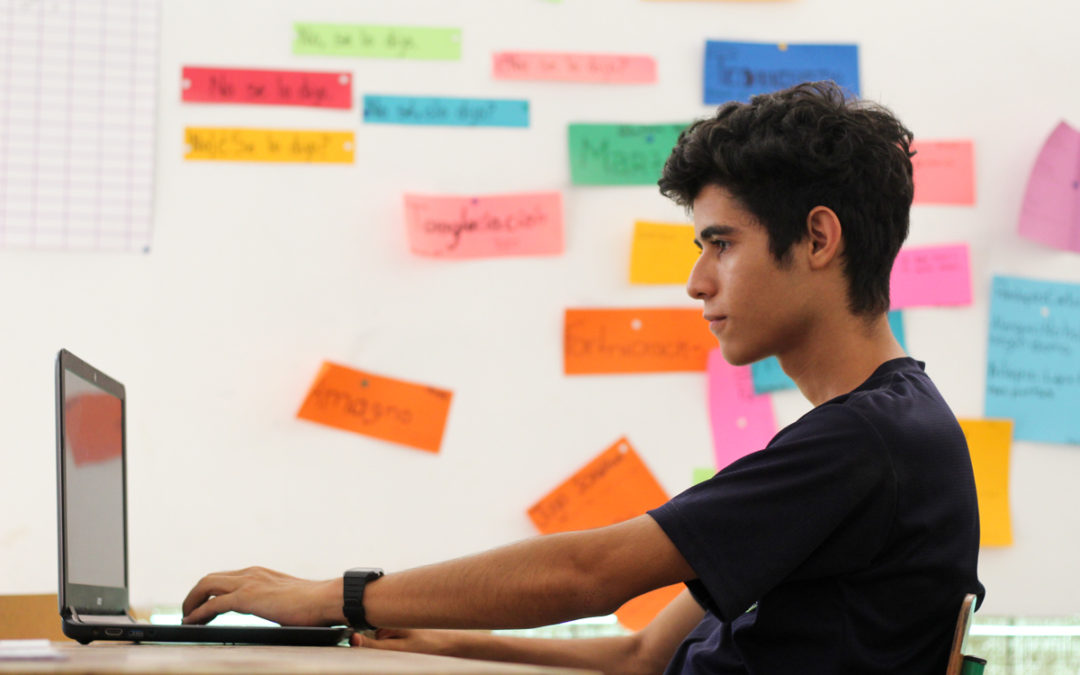
by Stuart Millar, IB coordinator | May 31, 2019
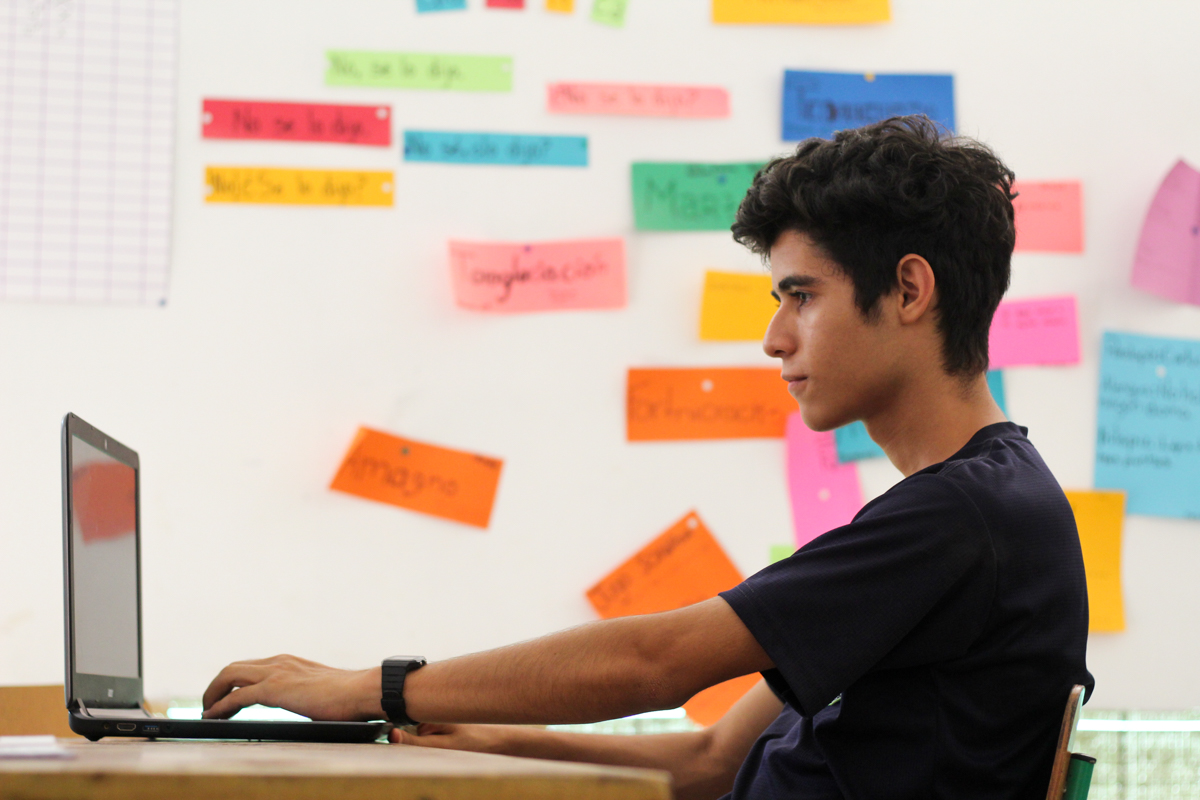
(By Stuart Millar and Karol Madrigal)
November 2019 is a month that the 11th and 12th graders are focused on, with exams on the horizon. Our first IB students will take their final exams over a three week period, while 11th grade students will take their final MEP exams in social studies and civics during the first week of November.
However, some might not be aware that a large percentage of a student’s final grade will already have been decided by then. In social studies and civics, 40% of the final grade comes from the classwork, homework and projects that the students have completed since the beginning of 10th grade. Essays, research projects, oral language assessments, visual art exhibitions, and recorded musical performances mean that our IB students will have completed more than half of their assessments by the time the exams come.
What does all this mean if you are a student in 10th, 11th or 12th grade? First, it means everything counts! So, work hard on every piece of classwork, homework, and every project so you can walk into the exam knowing that you have a solid base. If you’re not the most confident in exam taking techniques, then you can feel better about the fact that the exams are not all or nothing. However, in that case it is especially important that you take the exams with some good points already under your belt. For those who excel in exam situations, don’t rely on that to help you achieve a high final grade if you haven’t invested the necessary time and attention in all the other assessments.
It might be a cliché, but the two years leading up to MEP or IB exams are marathons, not sprints. It is vitally important that students give their best effort every day and chip away at all the work they have to do in the years leading up to the final exams. Teachers and parents should remember that every class and every piece of work plays a role in whether a student is as successful as they can be, or not. This is why life skills like organization, time management, attendance, and punctuality are important for all of us.
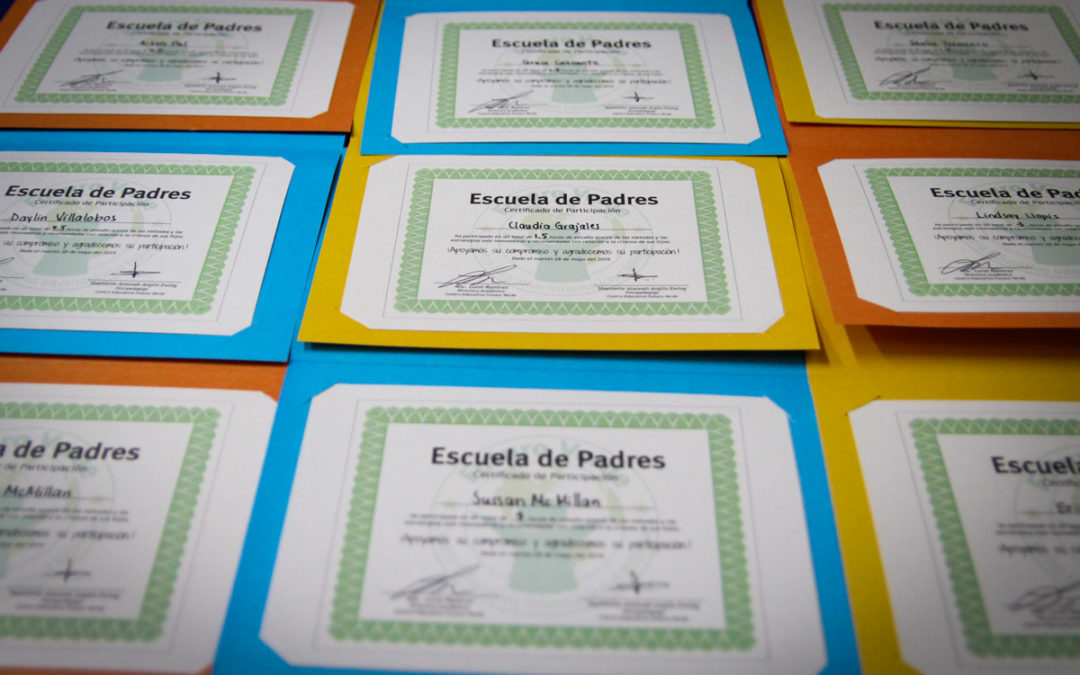
by Angie Briceño | May 24, 2019
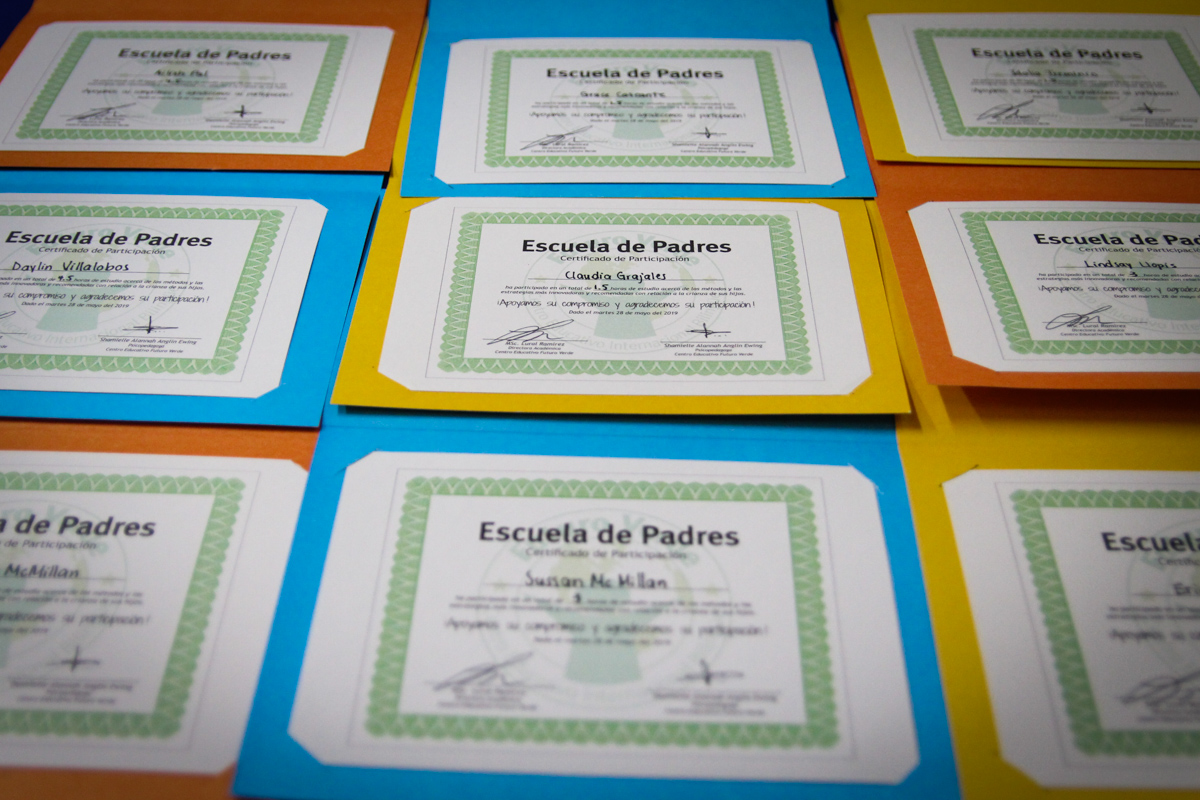
We have successfully completed the initiative to offer a workshop for parents! In the past couple of months, we have discussed different topics related to the arduous, constant and rewarding task that comes with being a parent.
We were able to prove, beyond any doubt, that there is no perfect recipe to address every aspect related to the growth and integral development of our children. We must take into account the fact that our children are constantly changing, growing and developing, which entails a constant commitment on behalf of parents to ensure that each child is guided and supported according to the circumstances in which they find themselves. Moreover, we should take into account their strengths, the challenges they face and the areas of growth that present themselves. We invite you to take this into account when supporting and guiding your children.
Although we discussed a variety of diverse strategies to implement throughout the course, parents share a unique bond with their children, allowing them to also intuitively decipher what their children need at a given time.
Remember that the very first learning and the foundations of the development of any human being, start at home! Therefore, parents play a fundamental role in the learning process of their children. We invite you to reflect on the role you as parents are playing at this point, both to congratulate yourself and to raise your awareness in the areas where you can improve the support and guidance you provide for your children.
There is a saying that goes: “I only know that I do not know anything.” I recall it often to make sure I constantly take up my responsibility to inquire and update my knowledge in order to enhance the way in which I influence the people whom I relate with. I invite you to continue to research and learn about the concerns that parents experience. And, remember, there is no perfect recipe! What works for one child, does not necessarily work with the other child. We are all unique and unrepeatable. Our differences enrich us!
An affectionate greeting and big thanks to all those who accompanied us during the course.
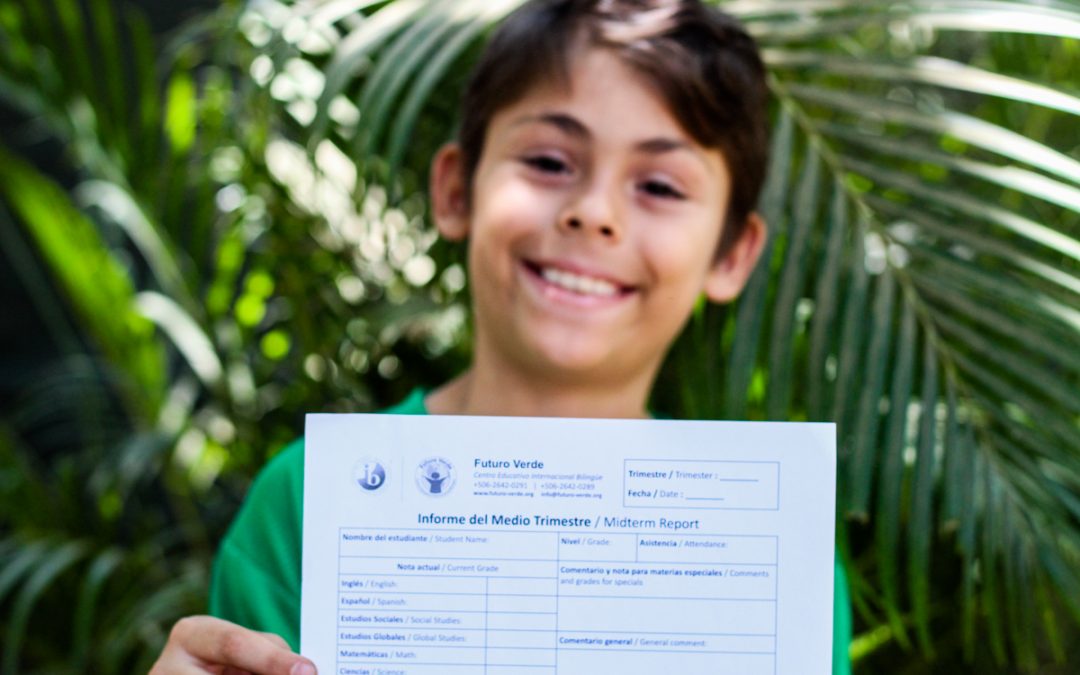
by Stuart Millar, IB coordinator | Mar 28, 2019
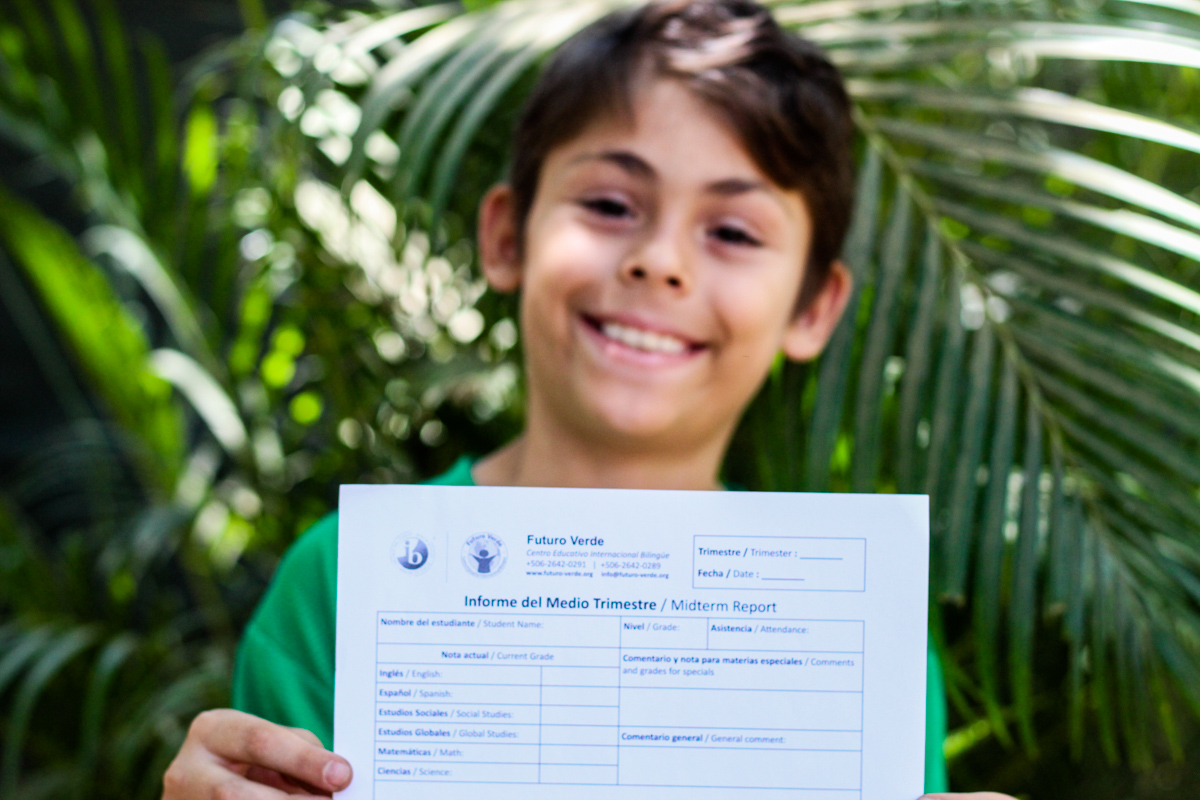
One way we can tell is that the first mid-trimester report of the year already made its way home. The mid-trimester report is just one way that Futuro Verde communicates your child’s progress with you.
As stated in the Futuro Verde Assessment Policy: Teachers determine midterm report grades and final grades for each trimester and academic year by combining grading done on daily class work and participation, projects, rubric-based evaluations, teacher observations, portfolio development, written exams (when appropriate), among other assessment tools.
After just six or seven weeks of school, the mid-trimester can be a litmus test for your child’s end of trimester report, giving you a heads up and an indication if your child might need support or just encouragement to keep on achieving! Having received the report, if you are at all worried about your child’s progress at school, now would be a great time to get in touch via email or make an appointment to meet with your child’s teacher(s). We are always here and keen to work with you to ensure your child can be as successful as possible!











